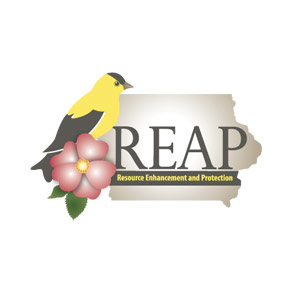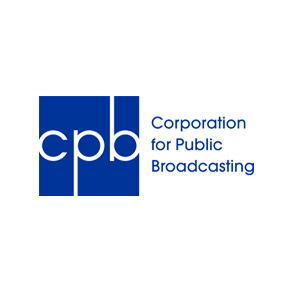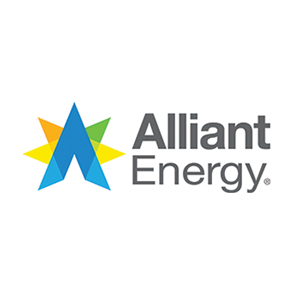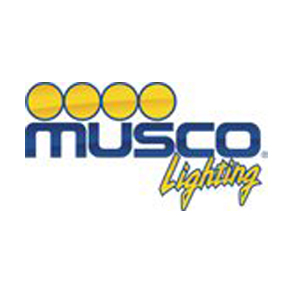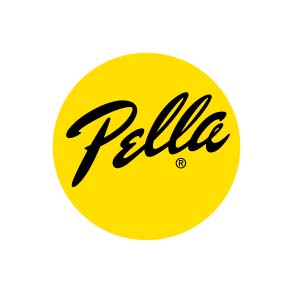What Are Phenomena?
According to the Next Generation Science Standards (NGSS), phenomena are "Natural phenomena are observable events that occur in the universe and that we can use our science knowledge to explain or predict. The goal of building knowledge in science is to develop general ideas, based on evidence, that can explain and predict phenomena.
Learn more from the video below, as Iowa teachers and students discuss phenomena basics and how implementing phenomena-based strategies into your classroom can help drive your students' questioning and learning.
How to Use Phenomena?
According to ACHIEVE, "Using Phenomena in NGSS-Designed Lessons and Units":
- "The point of using phenomena to drive instruction is to help students engage in practices to develop the knowledge necessary to explain or predict the phenomena. Therefore, the focus is not just on the phenomenon itself. It is the phenomenon plus the student-generated questions about the phenomenon that guides the learning and teaching. The practice of asking questions or identifying problems becomes a critical part of trying to figure something out."
- "There could potentially be many different lines of inquiry about the same phenomenon. Using the phenomenon of tree growth, a middle school teacher might want middle school students to develop and apply DCIs about photosynthesis and mitosis; alternately, a 3rd grade teacher might want students to learn and apply DCIs about life cycles. In each case, teachers should help students identify different aspects of the same phenomenon as the focus of their questions."
A Driving Questions Board (DQB) can be an effective strategy to explore a phenomenon, allowing students to brainstorm, sort, synthesize and continually revisit student questions to drive investigations. While implementing a DQB can take finesse and patience, when done well, it can be a powerful classroom tool in the phenomena exploration process. Watch and listen as teachers across different grade levels discuss this strategy and see them use it in their classes.
The Notice and Wonder routine can provide students of all grades and abilities a low-stakes opportunity to observe a new phenomenon and identify things they notice or wonder about what they see. Learn more about this strategy from teachers across different grade levels as they discuss and demonstrate the Notice and Wonder strategy with their students.
Why Use Local, Authentic Phenomena?
The most powerful phenomena are those that are culturally or personally relevant or consequential to students. Such phenomena highlight how science ideas help us explain aspects of the real world, or lead to solutions to science-related problems that matter to students, their communities, and society.
Over time, engaging students with local phenomena has the power to teach your students that science happens here and that they can be scientists. Check out this student guide for ideas about get your students engaging phenomena for themselves.
Classroom Examples
Wondering if phenomena-based strategies can work for your grade level? Explore these videos from real classrooms to learn more!
Elementary School
Online-based media can be an effective way to engage elementary students with locally-relevant phenomena. Watch as this elementary teacher models and discusses effective phenomena-based strategies and hear directly from students about the power of exploring phenomena that are meaningful to them.
Middle School
Watch and learn as middle school teachers and students discuss how local phenomena can make science relevant and engaging.
High School
Online phenomena can include more than just photos or videos. Watch as this high school class uses photos, videos, datasets and more to learn about phenomena impacting their community.
Resources to Support Phenomena-Based Instruction
Iowa Science Phenomena Student Guide: This guide is intended to equip students to engage phenomena for themselves. With a little guidance from an adult, students will be expressing wonder and curiosity about the world around them with excitement and joy!
Iowa Science Phenomena Teacher Guide: This guide is intended to help educators grow in their knowledge, understanding, and practice of phenomena-based instructional practices as well as encourage interest in identifying, capturing, and submitting Iowa phenomena to the Iowa Science Phenomena website.
Outdoor Educator Resources to Support Phenomena-Based Education: Outdoor educators are experts in the natural phenomena in their area of Iowa! From unique species to critical challenges, these educators are valuable resources for identifying phenomena. In collaboration with Iowa outdoor educators, Iowa Conservation Education Coalition, and Iowa Association of Naturalists, we developed this resource to support the unique needs for Iowa's naturalists, conservations, and informal outdoor educators.
Iowa PBS Notice and Wonder and Wonder Printable: Having students ask questions is a key component of using phenomena. One strategy to promote questioning is to ask students first what they notice about a phenomenon and then what they wonder about it. This "notice and wonder" strategy is simple but can be very effective, especially when done collaboratively using a chart format. Iowa PBS has created an Iowa Science Phenomena Notice and Wonder chart that can be downloaded for classroom use.
Iowa Science Phenomena: Project Evaluation Report (2022): Iowa PBS and Research Institute for Studies in Education (RISE) at Iowa State University conducted a series of extensive pilot tests of the Iowa Science Phenomena website and custom-built teacher and student guides. The goal of this research was to measure the ability of the provided resources to support student engagement, equity and effectiveness in driving standards-focused student questioning. Students and teachers from two Iowa school districts, Sioux City Community School and Osage Community Schools, participated in this pilot testing which included classroom observations, interviews, and surveys. This RISE prepared report outlines the findings of this project evaluation.
Find Out More
Explore more about using phenomena in the science classroom with the following resources.
